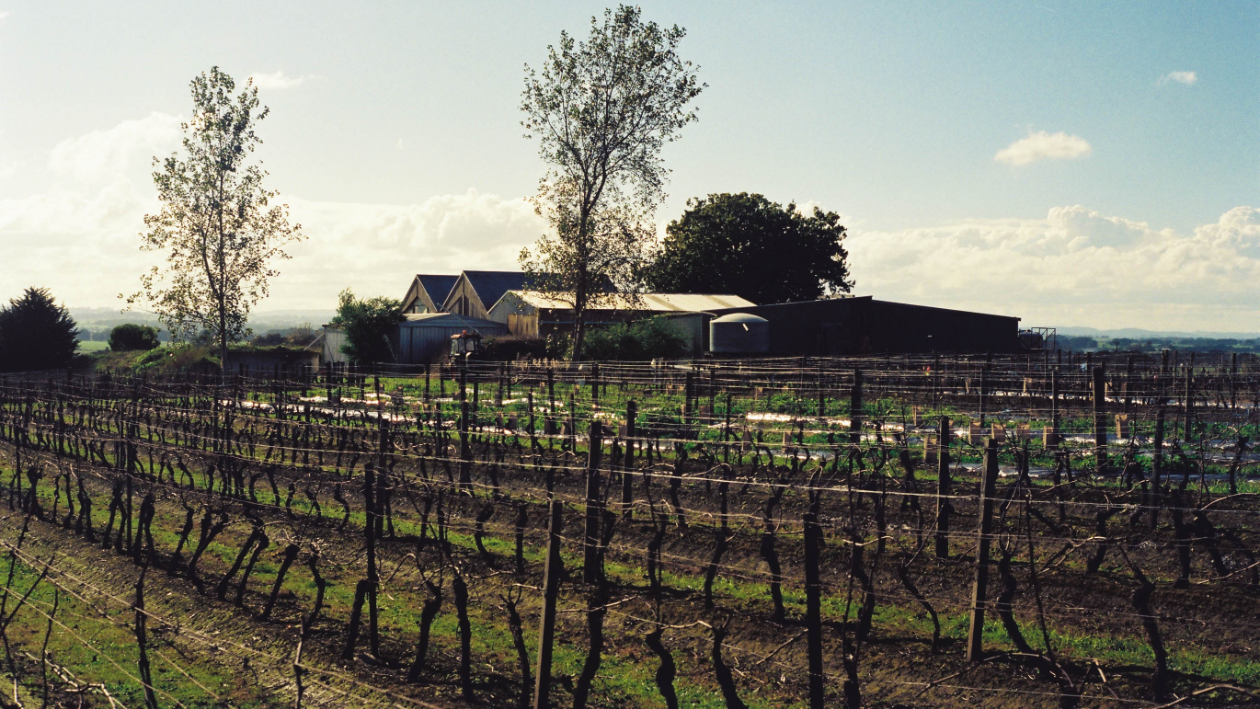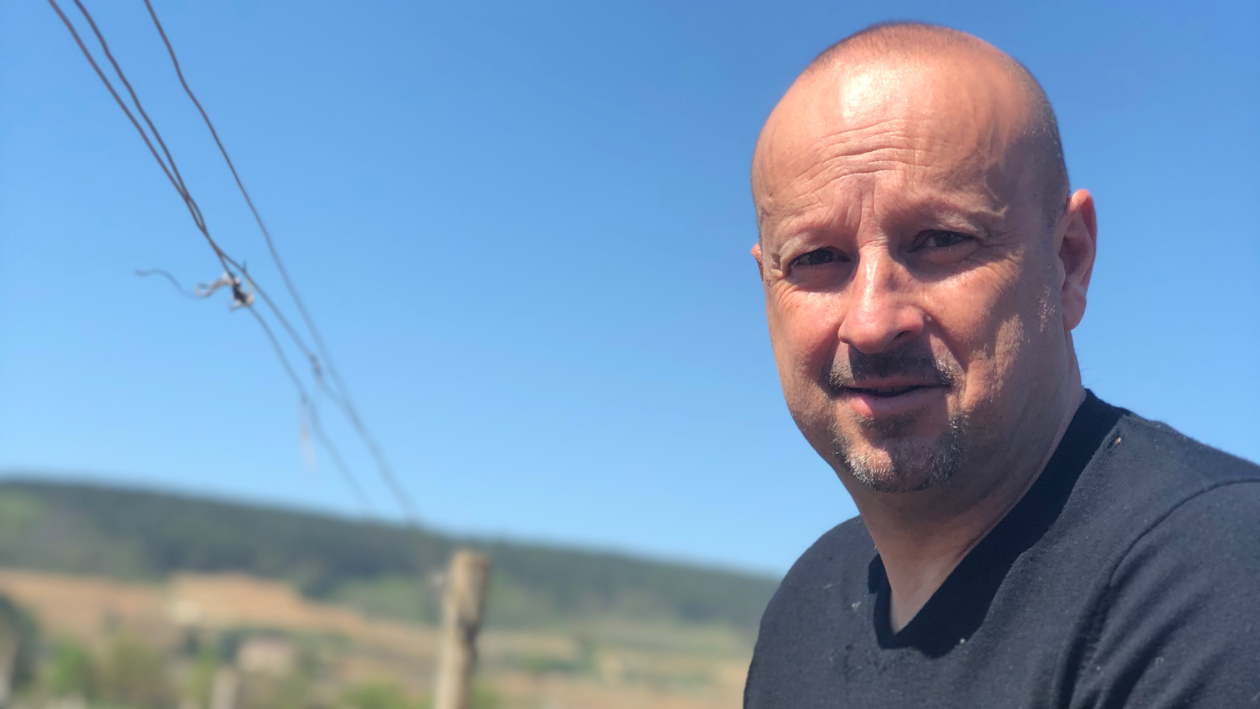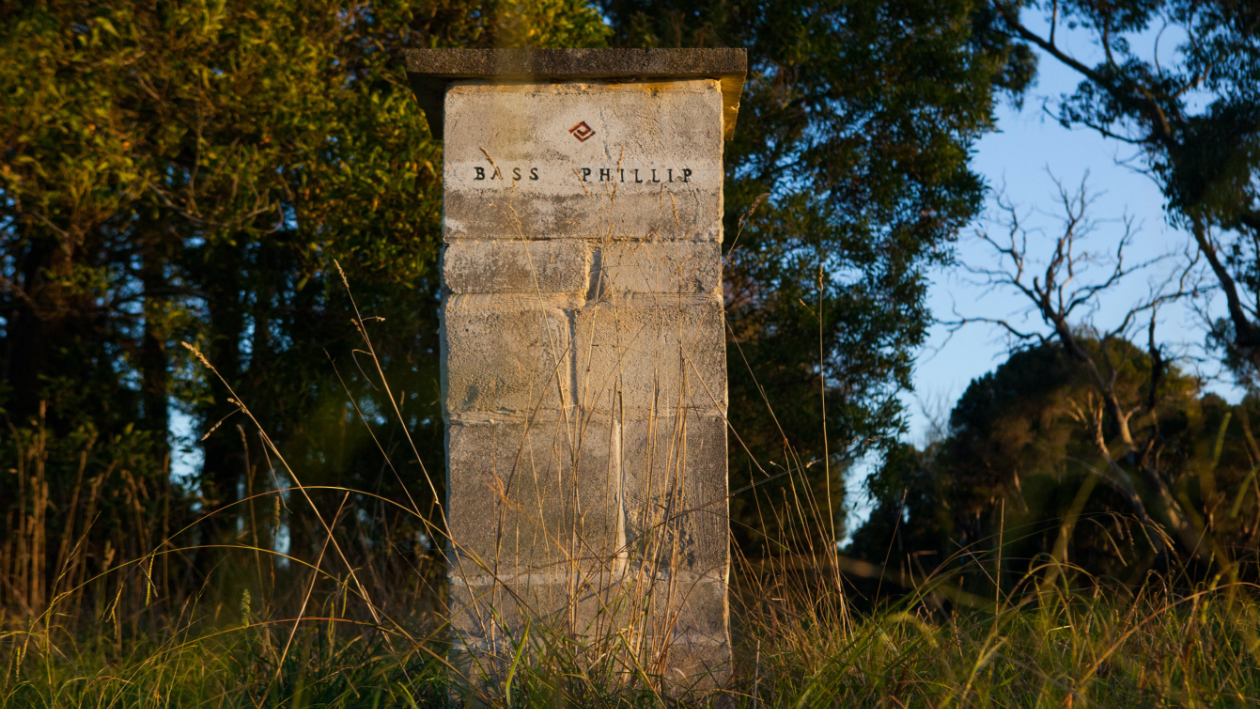
Bass Phillip is named after George Bass and Arthur Phillip; men of great pioneering spirit, foresight, and leadership during the nineteenth century. The vineyards were established much later, in 1979 in the southeastern corner of Australia, specializing in high-quality Pinot Noir and Chardonnay.
Winemaking at Bass Phillip is uncompromising and grounded in respect for nature. The vineyards have been organic since 1993 and biodynamic since 2002, with all production guided by cosmic rhythms believed to impart energy and vibrancy into the wines.
Crafted simply and traditionally, from low-cropped, unirrigated vines and with minimal intervention in the winery, Bass Phillip wines reflect both their region and individual vineyards. Deep mineral soils, natural humidity, and cool South Gippsland air contribute to the length, complexity, balance, and minerality that define these wines. With relentless attention to detail and an obsession for quality, Bass Phillip continues to produce extraordinary wines vintage after vintage.
The most recent vintages of Bass Phillip Pinot Noir are considered the best yet — a result of older vines, greater experience, and sustained biodynamic practices in both vineyard and winery.
Wines at Bass Phillip are handcrafted with rigorous analysis and quality control, yet nature is always in command. Minimal human interference, no irrigation, pesticides, fertilisers, fining, or filtration, allows each wine to express its vineyard character freely.
A perfectionist approach defines every stage: fruit is cropped at exceptionally low yields to intensify flavor; racking and pumping are kept to a minimum to preserve Pinot Noir’s delicate texture. As Phillip Jones noted, “The difference between good and great Pinot Noir is texture.” This pursuit of purity demands both discipline and a touch of madness.
Bass Phillip’s biodynamic regime, planned around lunar cycles, ensures each vintage mirrors the temperament of Mother Nature the interplay of earth, moon, and sun that brings both power and elegance.
South Gippsland is known not only for its dairy and beef but also for the giant Gippsland earthworm, whose work enriches and aerates the region’s deep, mineral-rich soils. With about 1,000 mm of annual rainfall, silty loam soils rich in volcanic minerals, and a climate moderated by cool afternoon air from Bass Strait, this region delivers wines of intensity, lifted aromatics, and graceful length.
At Bass Phillip, quality overrides quantity. High-density planting proves that Australia can produce Pinot Noir to rival Burgundy. The vines yield just 1.0–1.3 tonnes per acre (compared to 2–4 tonnes elsewhere), contributing to the wine’s remarkable intensity, texture, and length.
Each vine produces barely half a bottle of wine, but the result perfumed aromatics, depth, and minerality justifies the effort and cost. For Bass Phillip, this low-yield philosophy is less about economics and more about the pursuit of perfection.
Bass Phillip Pinot Noirs have long proven their ability to age gracefully, often improving for more than two decades (notably the 1985, ’88, and ’89 vintages). This longevity stems from the vineyard’s mineral-rich soils and natural acidity, which give balance and freshness even in youth. Over time, the wines evolve beautifully, gaining depth, finesse, and persistence, particularly in the Premium and Reserve labels.

A New Era: Jean-Marie Fourrier Joins
In April 2020, Bass Phillip entered a new chapter with Jean-Marie Fourrier (of Domaine Fourrier, Burgundy) joining as Chief Winemaker alongside founder Phillip Jones. The two share a philosophy inspired by Henri Jayer; that great wines are born in the vineyard and shaped by gentle, natural winemaking. Their collaboration promises to elevate Bass Phillip further, merging Australian terroir with Burgundian precision.
Jean-Marie Fourrier took over his family’s 10-hectare estate in Gevrey-Chambertin in the mid-1990s after formative experience at Domaine Drouhin (Oregon) and with the legendary Henri Jayer in Vosne-Romanée. His philosophy, the “Art of Doing Nothing,” favours natural balance, minimal intervention, and gentle handling — principles now applied at Bass Phillip.
Fourrier’s meticulous vineyard management includes no chemical fertilisers, low yields through winter pruning, and rigorous grape selection. In the cellar, he destems 100%, avoids sulphur dioxide, uses less than 20% new oak, and bottles without fining or filtration, relying on natural CO₂ for protection. His aim is purity, wines that breathe through oak rather than taste of it, capturing the individuality of each site.
This precision produces wines of bright colour, pure red fruit, balance, and finesse, embodying the slope, exposure, and limestone beneath. His small-scale négociant project extends this philosophy to select Burgundy vineyards, reinforcing his reputation as one of Burgundy’s most acclaimed modern vignerons.

Phillip Jones began his wine journey in 1979 after an early career in telecommunications research. Inspired by the greats of Burgundy (Rousseau and Jayer) he dedicated himself to crafting Australian Pinot Noir of Burgundian depth and texture. By 1991, his persistence paid off: Bass Phillip’s wines gained critical acclaim, culminating in accolades like “Australian Wine of the Year” for the 2010 Reserve Pinot Noir.
Over 25 years, the estate has expanded to 14 hectares, operating much like a small Burgundy domaine, and remains one of Australia’s benchmark producers of fine Pinot Noir.
Bass Phillip stands as a beacon of purity and precision, where obsession, patience, and respect for nature converge to create wines of timeless elegance.

